Sometimes you wonder if the big players on Silicon Valley exist in a parallel universe.
Google, of course, is a firm that makes little sense to me: one that usually says one thing and does another, in almost every encounter I have had with it. And you know they can’t be that smart if, for many, many versions of Google Earth, they had no idea what was at 1600 Pennsylvania Avenue NW, Washington, DC.
Facebook, naturally, observes these same traditions. Last year, I lost access to the website for 69 hours, when it decided posting, liking and commenting were no longer necessary features, and withdrew them. No one really seemed to mind when they couldn’t write on my wall: other than a few exceptions, folks just shrugged it off. We are, it seems, extremely accepting of having a buggy website where nothing works.
Fast forward one year, and posting, liking and commenting are things that occasionally work on Facebook when it feels like it; most of today, they didn’t. But that’s nothing compared to a friend who has had her entire profile deleted.
The story shows once again what geniuses must work at these firms.
First, she found some photos of hers on another profile, so she complained through the usual channels. Instead of deleting the pirates’ photos, Facebook deleted her account instead.
When she appealed, Facebook asked for proof of identity. She provided her New Zealand passport.
But, according to Facebook, New Zealand passports are not a valid form of government-issued ID. Her other forms of identity were invalid, too.
I’m interested to know how the brains’ trust of Facebook works. If a passport is not a valid government-issued form of identity, then what is? Is there something Facebook knows about that far exceeds the power of a passport? Am I to believe my American friends have held out on me all these years about this mystery form of super-identity?
Or, of course, Facebook believes, and we have had proof of this, that no one lives outside the Pacific coast of the United States. This explains its ongoing bugs at the 1st of each month where the site’s functionality is severely reduced because it isn’t the 1st of the month in California. So if your passport doesn’t “look American”, it can’t possibly be valid.
Here is a woman with over 50,000 fans in her business and who has been planning her wedding via the site, who has now been shut out.
It does seem that Facebook is doing this willy-nilly. We also know its apology for shutting drag queens’ accounts last year to be insincere, when LaQuisha Redfern found herself locked out with no means of appeal.
And yet, proven spammers (people who have spammed, and their spams reported to Facebook) are allowed to maintain their accounts. Spambots—and I found a bot net of over 90 recently (down from 277 a day, so Facebook is getting better)—are OK, too, because Facebook staff cannot tell the difference between a legitimate human being and a bot. While it deleted most of the 90 I identified, it strangely left a handful up, even though a pattern had been established. A few were old accounts that were hacked with their identities changed, but apparently that’s enough to fool Facebook into thinking they are legitimate human beings. A bot net I uncovered last year took multiple, repeated complaints before Facebook realized that they were actually bots that wrote random things on each other’s walls; never mind that what was written was incomprehensible. Literacy, it seems, is not a requirement at Facebook.
If Facebook is deleting real humans, or, in my case, limiting its functionalities to us (although I would have thought posting, liking and commenting were pretty fundamental to the site), and maintaining bots (because, as we know, Facebook uses bots to make money), then it’s only a matter of time when it’s just a massive bot net communicating with each other, there to con companies into paying for more bots to follow them.
Facebook it has done a lot of things right when it came to IP protection and enforcement when I have approached them. Generally, I don’t find them as offensive as Google. But just how it could have got this case so wrong is beyond me.
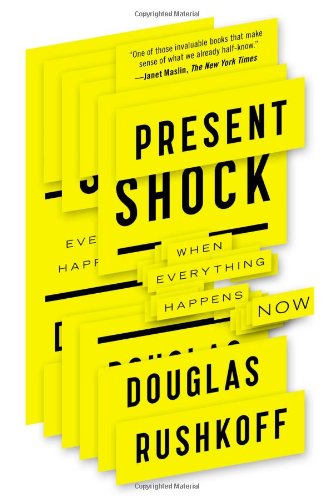



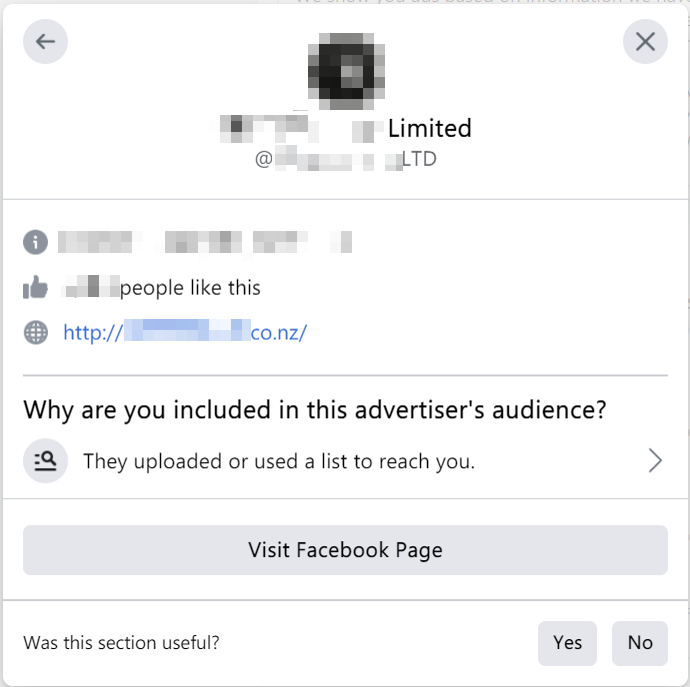
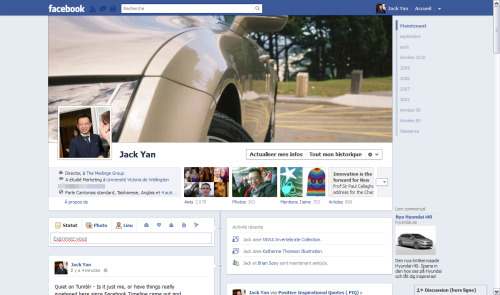
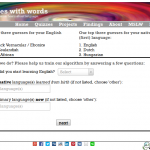
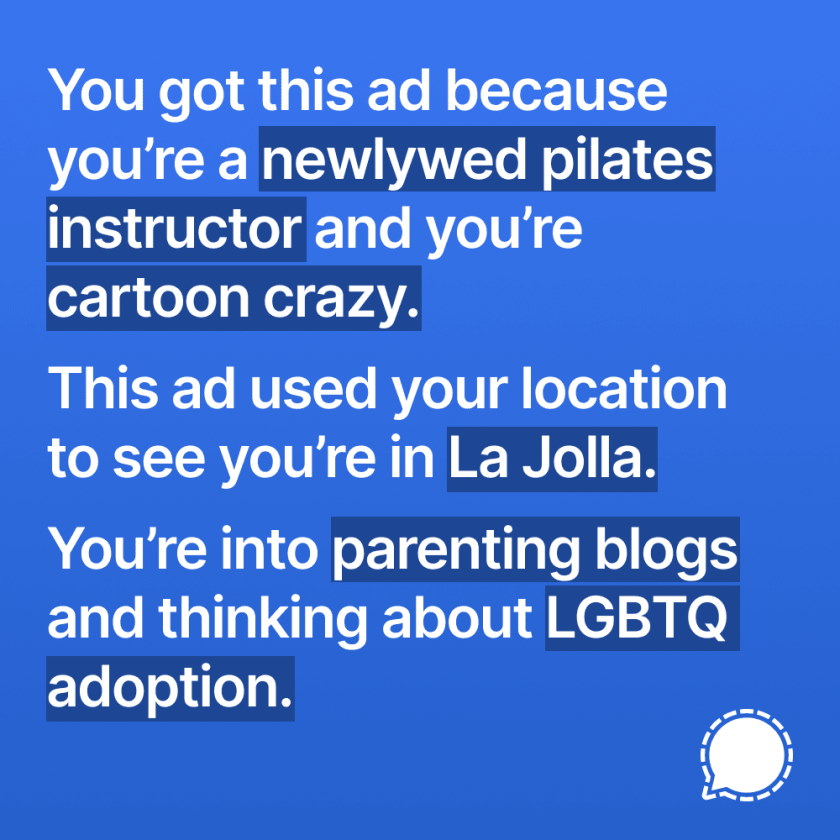
One thought on “Five or ten years, your Kiwi passport is not a valid government-issued ID, says Facebook”